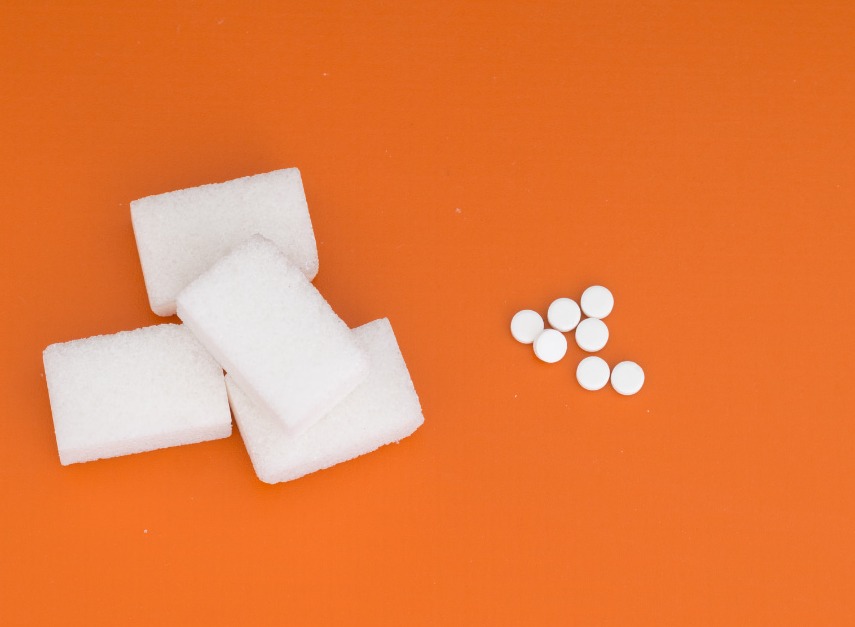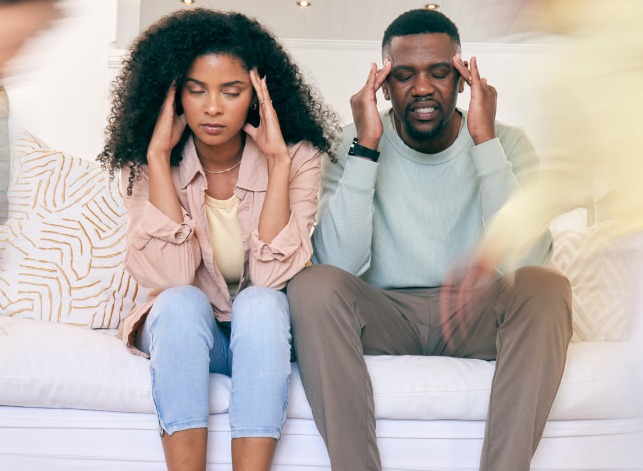- Home
- Share
- Forum
- Autism Spectrum Disorder Forum
- Treatments for autism spectrum disorder
- Can Psychedelic Drugs Heal?
Patients Autism Spectrum Disorder
Can Psychedelic Drugs Heal?
- 12 views
- 1 support
- 1 comment
All comments
![]()
autisticJim
Edited on
05/31/2019 at 4:33 AM
![]()
autisticJim
Last activity on 12/29/2022 at 3:01 PM
Joined in 2019
7 comments posted | 6 in the Autism Spectrum Disorder Forum
Rewards
-
Contributor
-
Explorer
Never thought I would read about this. I guess I can see how it would work, but it would have to be in moderation and I would be worried about taking the "medicines."
Give your opinion
Survey
Survey
Members are also commenting on...
Articles to discover...
Subscribe
You wish to be notified of new comments
You have been subscribed









Lee__R
Community managerGood advisor
Lee__R
Community manager
Last activity on 04/03/2020 at 5:04 PM
Joined in 2018
1,337 comments posted | 6 in the Autism Spectrum Disorder Forum
2 of their responses were helpful to members
Rewards
Good Advisor
Contributor
Messenger
Explorer
Friend
Top chef
Many people think of psychedelics as relics from the hippie generation or something taken by ravers and music festival-goers, but they may one day be used to treat disorders ranging from social anxiety to depression, according to research presented at the annual convention of the American Psychological Association.
"Combined with psychotherapy, some psychedelic drugs like MDMA, psilocybin and ayahuasca may improve symptoms of anxiety, depression and post-traumatic stress disorder," said Cristina L. Magalhaes, PhD, of Alliant International University Los Angeles, and co-chair of a symposium on psychedelics and psychotherapy. "More research and discussion are needed to understand the possible benefits of these drugs, and psychologists can help navigate the clinical, ethical and cultural issues related to their use."
Hallucinogens have been studied in the U.S. for their potential healing benefits since the discovery of LSD in the 1940s. However, research has mostly stalled since psychedelics were outlawed in the late 1960s.
A shift may be coming soon though, as MDMA, commonly known as ecstasy, is beginning its third and final phase of clinical trials in an effort to win Food and Drug Administration approval for treatment of post-traumatic stress disorder, said Adam Snider, MA, of Alliant International University Los Angeles, and co-chair of the symposium.
Findings from one study presented at the symposium suggested that symptoms of social anxiety in autistic adults may be treatable with a combination of psychotherapy and MDMA. Twelve autistic adults with moderate to severe social anxiety were given two treatments of pure MDMA plus ongoing therapy and showed significant and long-lasting reductions in their symptoms, the research found.
"Social anxiety is prevalent in autistic adults and few treatment options have been shown to be effective," said Alicia Danforth, PhD, of the Los Angeles Biomedical Research Institute at the HarborUCLA Medical Center, who conducted the study. "The positive effects of using MDMA and therapy lasted months, or even years, for most of the research volunteers."
Research discussed also explored how LSD, psilocybin (known colloquially as "magic mushrooms") and ayahuasca (a brew used by indigenous people of the Amazon for spiritual ceremonies) may benefit people with anxiety, depression and eating disorders.
Adele Lafrance, PhD, of Laurentian University, highlighted a study of 159 participants who reported on their past use of hallucinogens, level of spirituality and relationship with their emotions.
Using hallucinogens was related to greater levels of spirituality, which led to improved emotional stability and fewer symptoms of anxiety, depression and disordered eating, the study found.
"This study reinforces the need for the psychological field to consider a larger role for spirituality in the context of mainstream treatment because spiritual growth and a connection to something greater than the self can be fostered," said Lafrance.
Other research presented suggested that ayahuasca may help alleviate depression and addiction, as well as assist people in coping with trauma.
"We found that ayahuasca also fostered an increase in generosity, spiritual connection and altruism," said Clancy Cavnar, PhD, with Núcleo de Estudos Interdisciplinares sobre Psicoativos.
For people suffering from life-threatening cancer, psilocybin may provide significant and lasting decreases in anxiety and distress.
When combined with psychotherapy, psilocybin helped a study's 13 participants grapple with loss and existential distress. It also helped the participants reconcile their feelings about death as nearly all participants reported that they developed a new understanding of dying, according to Gabby Agin-Liebes, BA, of Palo Alto University, who conducted the research.
"Participants made spiritual or religious interpretations of their experience and the psilocybin treatment helped facilitate a reconnection to life, greater mindfulness and presence, and gave them more confidence when faced with cancer recurrence," said Agin-Liebes.
Presenters throughout the symposium discussed the need for more research to fully understand the implications of using psychedelics as an adjunct to psychotherapy as well as the ethical and legal issues that need to be considered.
What Do You Think of This Article? Any Opinions? Experiences?